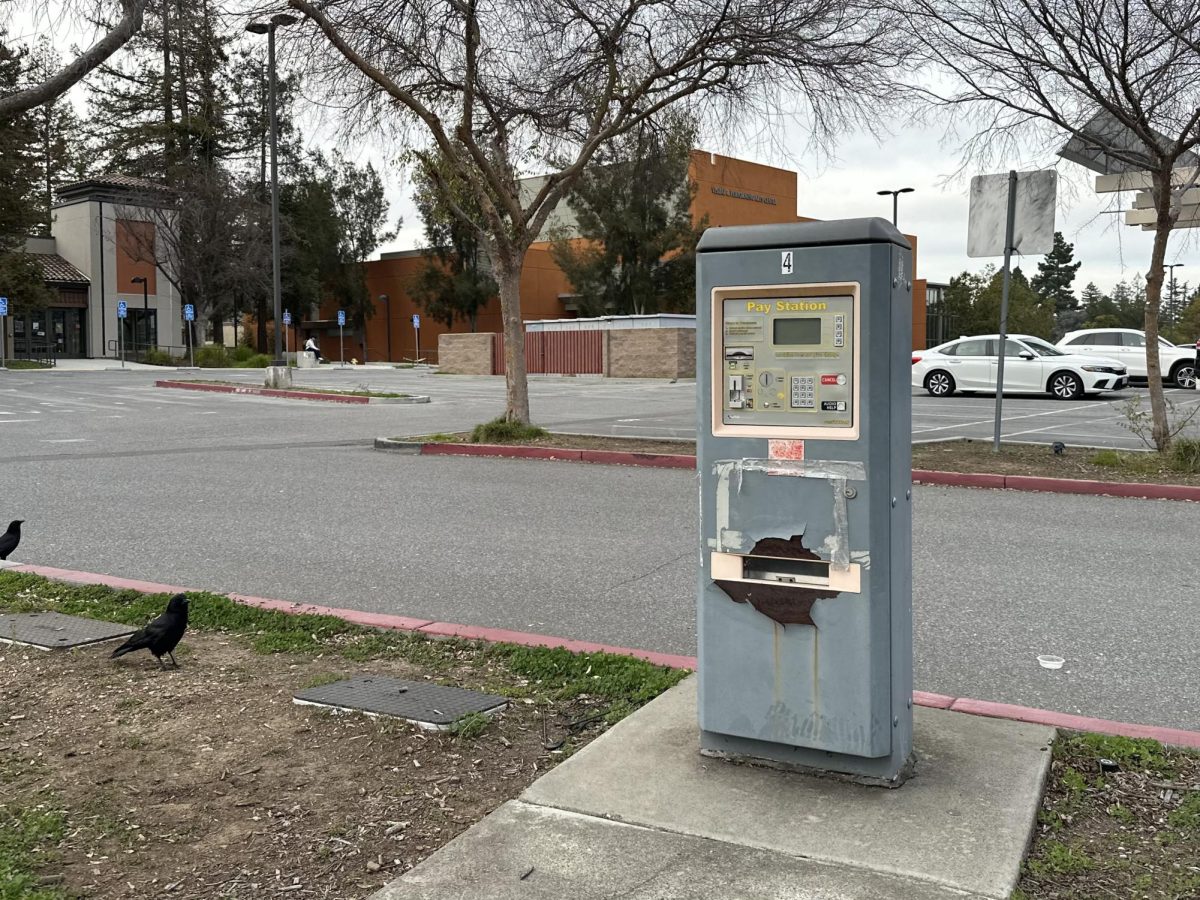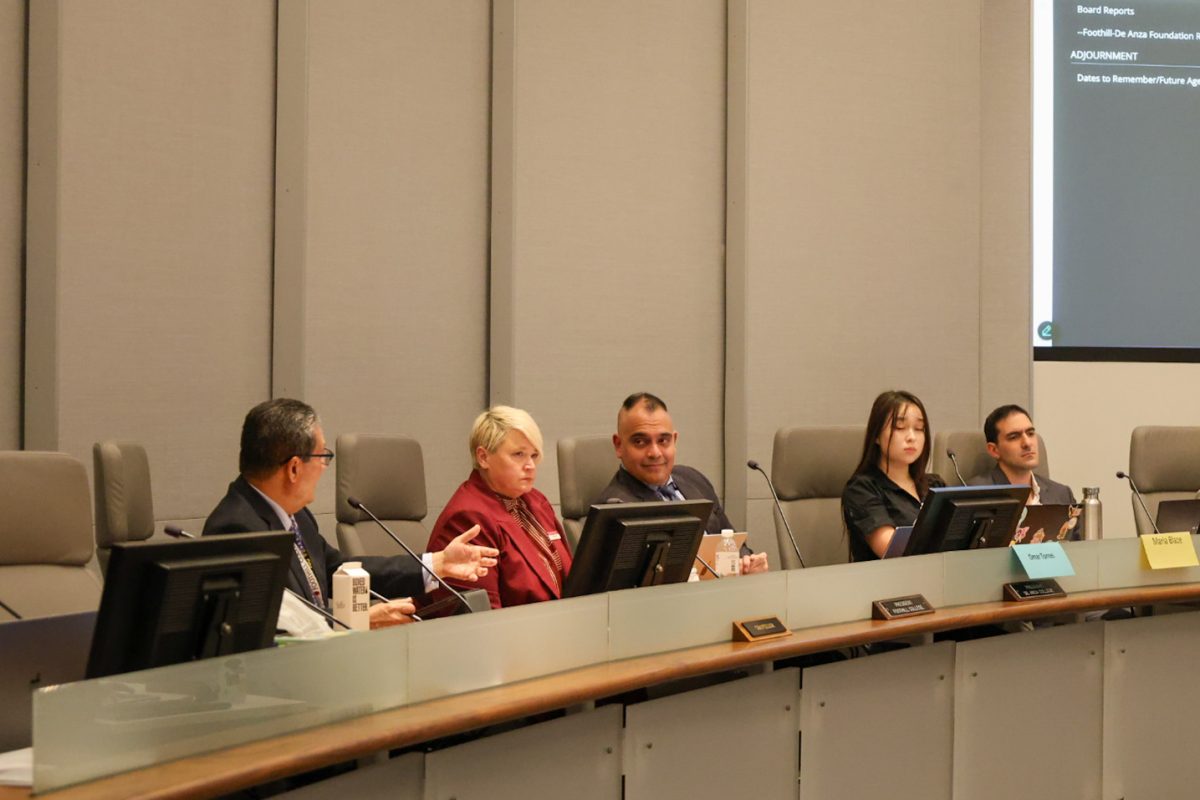The rise of “fake news” has caused fears and concerns to permeate the realm of discourse, politics and culture for years now. Deliberate and malevolent misinformation has become a common practice online and continues to challenge truth.
With the decentralization of information, there is a return to form: in 1983, 90% of all media was controlled by 50 companies, now, only six companies control that same share.
This monopolistic overtaking of mass media is a problem within itself, but in the advent of social media, it led to a massive overcorrection that has exposed a significant vulnerability in the medium of journalism. While social media can be used to empower free speech, it can just as easily be used for malicious purposes because of its massive reach, low bar of entry and the lack of fact-checking needed to report and spread information.
On social media sites such as X, misinformation is 70% more likely to be shared than real news, according to MIT. X, in particular, allows users to be “verified” for $22 a month, which allows for longer posts and videos, and prioritization with replies.

This also allows people to abuse the blue-check mark status — a symbol once used to identify trustworthy and notable people — to spread misinformation and boost their platform.
Half of American adults get their news from social media, according to a 2023 report by the Pew Research Center.
This means that half of the United States’ voting population is exposed to this unfiltered source of information that informs their understanding of the world and influences their voting habits.
A study by NewsGuard found that almost three-fourths of users spreading incorrect information about the Israeli siege on Gaza were “verified users” on X.
Bots and AI generated content also flood these sites. Grok, X’s AI chatbot, has become infamous for generating false information which has misled people online, and according to ABC news, three-quarters of X’s traffic is fake.
Bots and unverified sources continue to harness and cultivate the attention of viewers; and when proven wrong, it is possible their audience will never hear of it and there will be no repercussions for their potentially libelous and harmful actions.
These problems accentuate the vital importance of honest, qualified journalists who search for and provide indiscriminate truth.
All media suffers from the pitfalls of partisanship, bias and mistakes. These are an inevitability, but the motives of reporters and organizations with faces, names and public donation records can be easily discerned, and they can also be held accountable for the harm they may incur or inflict.
News from social media sites suffers the same flaws, though its intentions are far more easily veiled and it can often get away with its actions scot-free.
Journalism, be it commercial or student, must be uplifted in the face of misinformation.
This can be done even on social media by seeking out reputable sources of news, instead of only relying on X’s algorithm for information.
As discussed in La Voz’s previous editorial, local news organizations are dying, and traditional media outlets like them are some of the last footholds people have in acquiring reliable news and information.
If the value that traditional media provides is ignored and social media reporting continues to dominate the market, access to the truth will continue to dwindle.
Traditional media, run by actual people with real, discernible ideas and motivations, must be upheld. There must be a cultural push to forgo the easy access of news media curated by social media in favor of traditional, verified sources who stand for truth and authenticity.


















